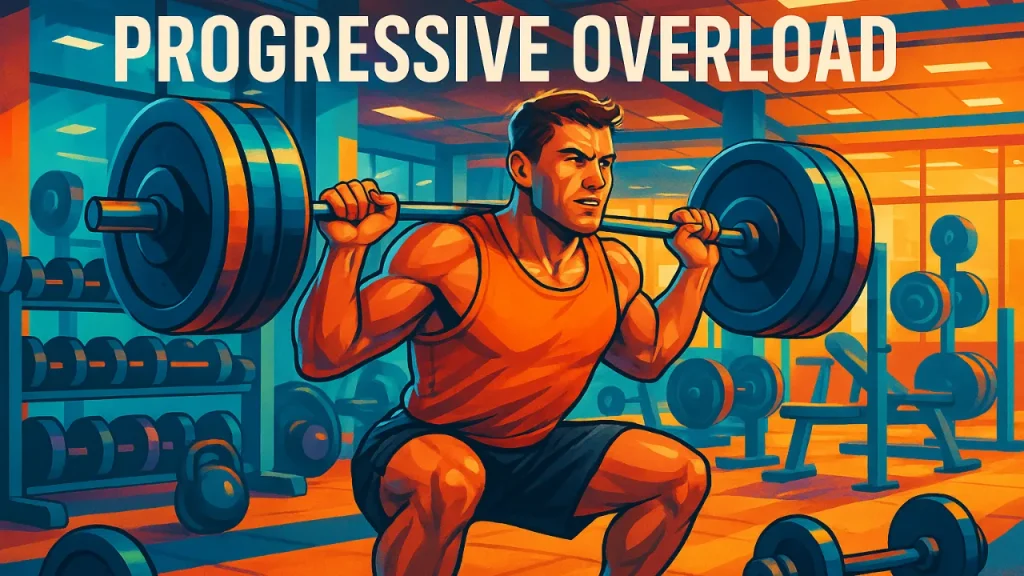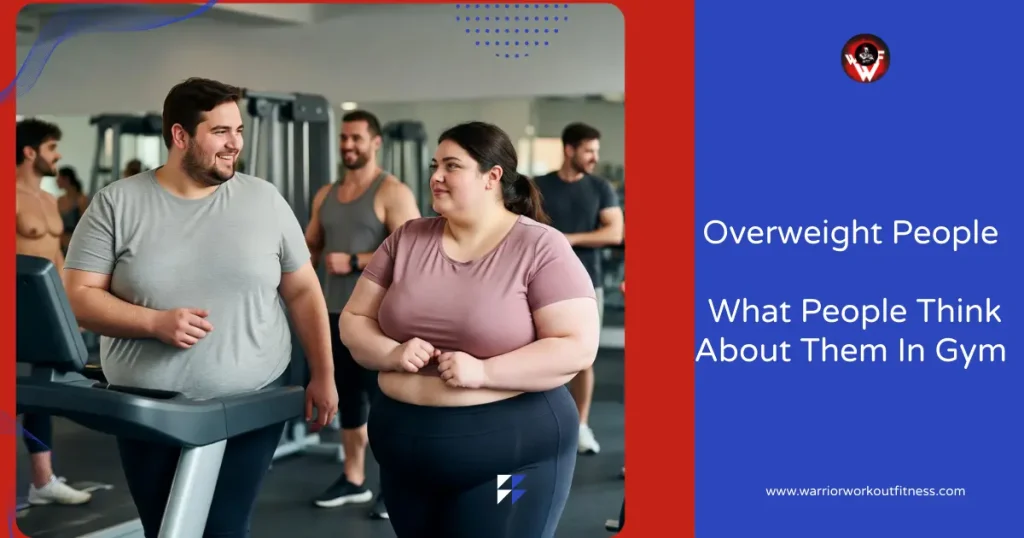
Popcorn is often marketed as a healthy snack, but when coated in cheese and flavorings—like white cheddar—the story becomes a bit more complex. Between artificial additives, excess sodium, and hidden fats, not all cheddar popcorns are created equal. But don’t worry! With a little knowledge, you can still enjoy that satisfying cheesy crunch without compromising your family’s health.
In this expert-reviewed article, we’ll break down how to choose the healthiest white cheddar popcorn, what ingredients to avoid, how to read nutrition labels, and even the top-rated healthier brands on the market today.
Let’s crunch into it!
What Is White Cheddar Popcorn?
White cheddar popcorn is made by coating popped corn kernels with a seasoning that mimics the flavor of white cheddar cheese. Unlike yellow cheddar popcorn (which may include annatto for color), white cheddar popcorn is usually marketed as more natural or artisanal.
However, some versions contain high levels of:
- Saturated fat
- Sodium
- Artificial flavorings
- MSG (monosodium glutamate)
Knowing how to decode these products is essential when shopping for your family.
Why White Cheddar Popcorn Is Popular
Here’s why this snack is so loved:
- Addictive flavor: Savory, cheesy, and slightly tangy
- Convenience: Pre-packaged or microwave-ready
- Perceived as healthy: Because it’s made from popcorn, not chips
- Kid-friendly: Popular with children who love cheese-flavored snacks
But not all that crunches is gold. Let’s dive into the health profile.
Is White Cheddar Popcorn Healthy?
It can be, but many popular options are high in calories, sodium, and unhealthy fats. That’s why it’s important to compare brands, check ingredients, and control portion sizes.
Nutrition Breakdown (Typical Serving: 1 oz or ~28g)
| Nutrient | Amount |
| Calories | 140–160 kcal |
| Total Fat | 8–10g |
| Saturated Fat | 1–2g |
| Carbohydrates | 12–16g |
| Dietary Fiber | 2–3g |
| Sugar | 0–2g |
| Protein | 2–3g |
| Sodium | 200–300mg |
Note: These values vary significantly between brands. Some exceed 400mg sodium or include unhealthy additives.
What to Look for When Choosing Healthy White Cheddar Popcorn
✅ 1. Simple Ingredients List
The shorter and more familiar the list, the better.
Look for:
- Popcorn
- Real white cheddar or cheese powder
- Sunflower oil, olive oil, or avocado oil
- Sea salt
- Natural seasonings
Avoid:
- “Artificial flavors”
- Hydrogenated oils (trans fats)
- MSG (monosodium glutamate)
- Corn syrup solids
- Excess preservatives like BHT
✅ 2. Healthier Oils
Many brands use cheap oils like palm oil or canola, which can be highly processed. Opt for popcorn made with:
- Sunflower oil (high oleic)
- Avocado oil
- Olive oil
These provide healthier monounsaturated fats and reduce inflammation risk.
✅ 3. Low Sodium Content
Excess salt is common in cheese-flavored snacks.
Ideal sodium: Under 200mg per serving.
Caution: Over 300mg per serving can add up fast, especially in kids or those with hypertension.
✅ 4. Non-GMO Corn & Organic Options
Choose non-GMO or organic popcorn to avoid pesticide exposure and genetically modified organisms. Look for:
- USDA Organic label
- Non-GMO Project Verified
✅ 5. No Artificial Colors or Preservatives
While white cheddar popcorn generally doesn’t include dyes (like yellow cheddar), some may still contain chemical preservatives like BHT. Choose “clean label” brands when possible.
Healthiest White Cheddar Popcorn Brands (Top Picks)
Here are the top-rated healthier white cheddar popcorn brands, based on ingredients, nutrition, and customer feedback.
🏆 1. Smartfood White Cheddar Popcorn (Light Version)
Pros:
- Widely available
- Made with real cheddar cheese
- Gluten-free
Cons:
- Slightly high in sodium (250mg)
- Not organic
Best for: Those who want convenience but still better ingredients.
🥇 2. LesserEvil Organic White Cheddar Popcorn
Pros:
- Made with coconut oil
- Organic, non-GMO
- Only 110mg sodium per serving
- Clean, minimal ingredients
Cons:
- More expensive
- Coconut oil may not appeal to all tastebuds
Best for: Health-conscious families or snackers on clean-eating plans.
🥈 3. SkinnyPop White Cheddar Popcorn
Pros:
- Non-GMO and gluten-free
- No artificial ingredients
- Only 150 calories per serving
Cons:
- Higher sodium (~230mg)
- Uses sunflower oil (some processed)
Best for: Those looking for low-calorie, accessible popcorn.
🥉 4. Pipcorn White Cheddar Mini Popcorn
Pros:
- Uses heirloom mini corn
- Real cheddar
- Low in sodium
- Unique texture
Cons:
- Smaller servings
- Pricier than standard options
Best for: Families looking for gourmet and allergy-friendly snacks.
✅ 5. 365 by Whole Foods Market Organic White Cheddar Popcorn
Pros:
- Budget-friendly
- Organic ingredients
- Decent flavor without too much sodium
Cons:
- Limited availability outside Whole Foods
Best for: Affordable, family-friendly clean snacking.
How to Read Popcorn Labels (Like a Pro)
When choosing a bag or box of white cheddar popcorn, check for the following:
1. Serving Size
Don’t get tricked by small serving sizes. Some brands list nutrition for half a bag when most people eat the whole thing.
2. Total Fat & Type
Look for low saturated fat (<2g) and avoid trans fats completely.
3. Sugar Content
White cheddar shouldn’t have more than 1–2g of sugar—if any. Avoid brands with corn syrup solids or cane sugar added unnecessarily.
4. Fiber Content
Popcorn is a whole grain, so it should contain at least 2g fiber per serving. If not, it may be over-processed.
DIY: Make Your Own Healthy White Cheddar Popcorn at Home
Prefer full control? Make it yourself!
🍿 Simple Homemade Recipe
Ingredients:
- ½ cup organic popcorn kernels
- 2 tbsp avocado or olive oil
- 2 tbsp white cheddar cheese powder (organic or natural)
- ¼ tsp sea salt
- Optional: nutritional yeast for extra flavor
Instructions:
- Pop kernels in oil over medium heat (or use an air popper).
- Toss hot popcorn with cheese powder, salt, and yeast.
- Serve warm or store in an airtight container for up to 3 days.
Benefits:
- No preservatives
- Customizable sodium and fat levels
- Fresher and more affordable over time
How Much Is Too Much?
White cheddar popcorn can easily be overeaten due to its light texture and addictive flavor.
Suggested Limit:
- Adults: 1–2 servings (28–56g) per day
- Children: 1 small serving (~15–20g) with supervision
Pair it with a source of protein (like a boiled egg or Greek yogurt) for a more balanced snack.
FAQs
Q1: Is white cheddar popcorn OK for kids?
Yes, but check sodium and avoid brands with artificial flavors or preservatives. Always supervise portion size.
Q2: Is popcorn better than chips?
Generally, yes. Air-popped popcorn is a whole grain, lower in fat, and contains fiber. But added flavors like cheese can reduce its health benefits.
Q3: Is Smartfood white cheddar popcorn healthy?
Moderately. It uses real cheese and has no trans fat, but sodium and fat content can be high. Light versions are a better option.
Q4: Can I eat white cheddar popcorn on a diet?
Yes, in moderation. Choose lower-fat, low-sodium brands and portion wisely.
Q5: Is microwave cheddar popcorn healthy?
Usually not. Most microwave versions are loaded with artificial butter, high sodium, and preservatives. Always read the label.
Final Thoughts
White cheddar popcorn can be a healthier snack for your family—when chosen carefully. With so many options on the market, learning to read labels, compare brands, and even make your own version gives you full control over your family’s snacking habits.
Choose brands that are:
✅ Low in sodium
✅ Made with real cheese
✅ Free from artificial additives
✅ Air-popped or baked
✅ Organic or non-GMO if possible
The next time you’re walking down the snack aisle, don’t be overwhelmed. You now have the knowledge to make better, delicious choices that keep the whole family happy—and healthy.


